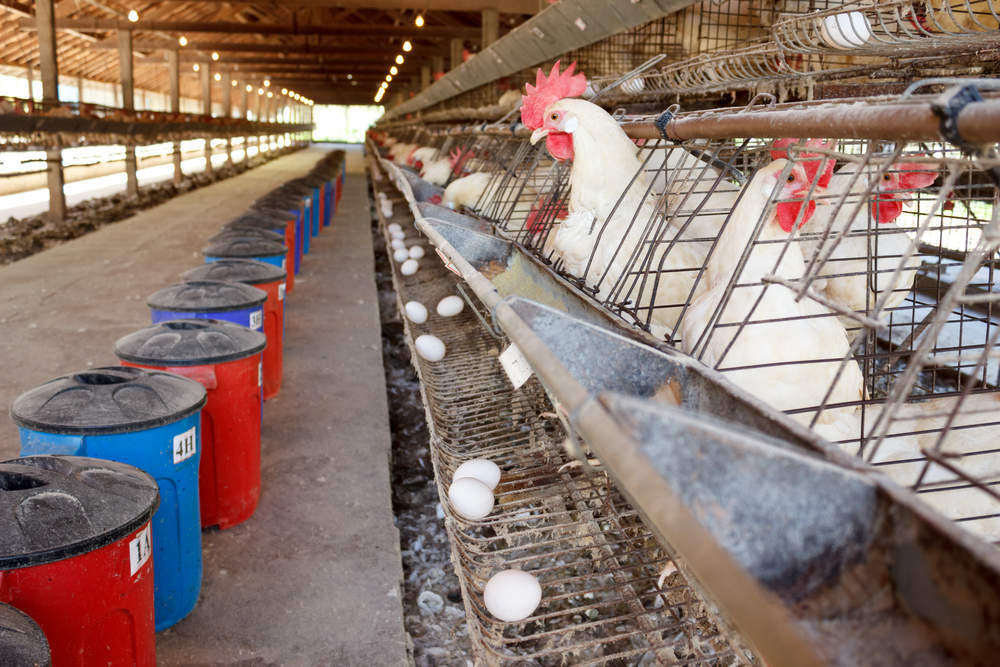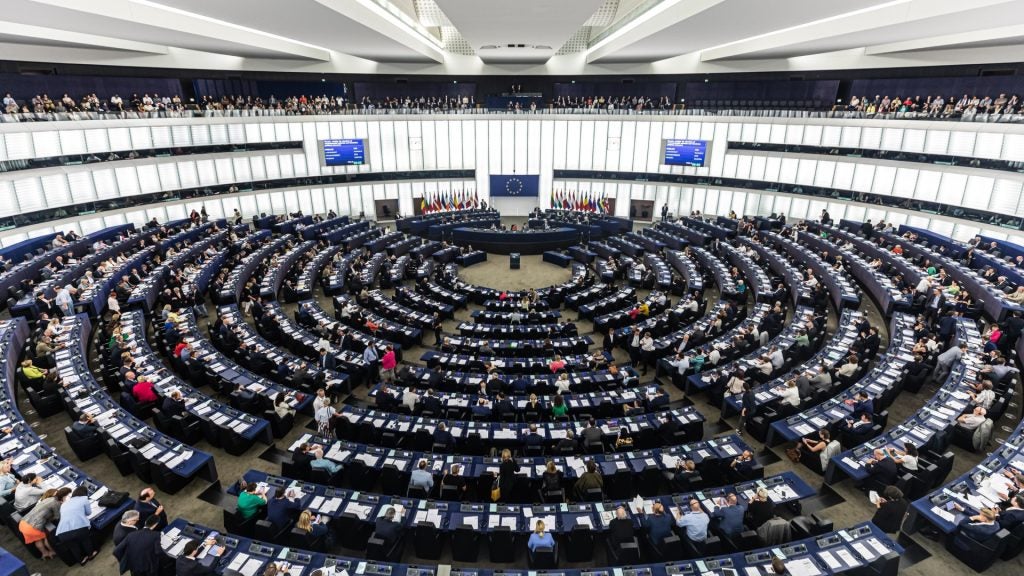
The Dutch egg scandal has become a global concern and it has led to consumer trust in European food producers dropping.
The contamination scandal involves eggs from the Netherlands becoming infected with Fipronil, a pesticide typically used to kill ticks, flees, and lice.
At this point eggs tainted with the pesticide have spread to 17 countries.
Contaminated eggs have made it as far as Hong Kong. And as a result Hong Kong’s health minister recently declared that “the centre for food safety is now inspecting eggs coming from Europe closely, no matter at the import or retail level”.
Although Singapore was not affected its Agri-Food Veterinary Authority still felt the need to clarify that eggs in Singapore were not sourced from the relevant countries and were therefore safe for consumption.
This is indicative of the rapid escalation of concerns and the reputational damage dealt to European egg producers.
How well do you really know your competitors?
Access the most comprehensive Company Profiles on the market, powered by GlobalData. Save hours of research. Gain competitive edge.

Thank you!
Your download email will arrive shortly
Not ready to buy yet? Download a free sample
We are confident about the unique quality of our Company Profiles. However, we want you to make the most beneficial decision for your business, so we offer a free sample that you can download by submitting the below form
By GlobalDataUnfortunately for European producers, negative information tends to have a greater effect.
It is likely that even after the sources of the problem are dealt with Asian consumers will continue to distrust European producers.
According to a recent GlobalData survey, 65 percent of people around the world say that how familiar or trust-worthy a product feels often or always influences their food buying choices.
Involved countries have spent a great deal of effort trying to shed blame on their neighbours but in order to rebuild credibility a strong publicity campaign will be required.
Brands will have to work hard to regain the trust of disillusioned consumers, particularly those abroad.







